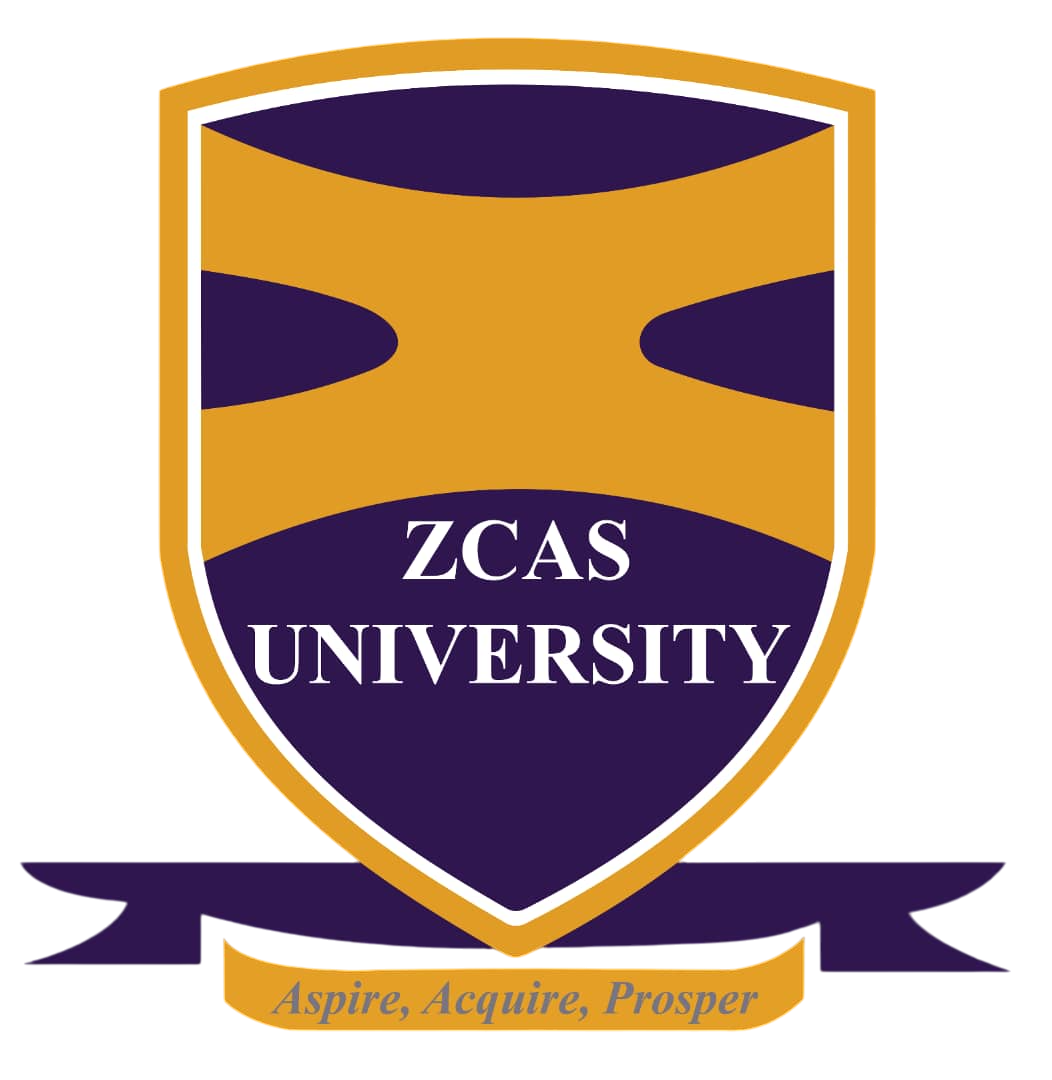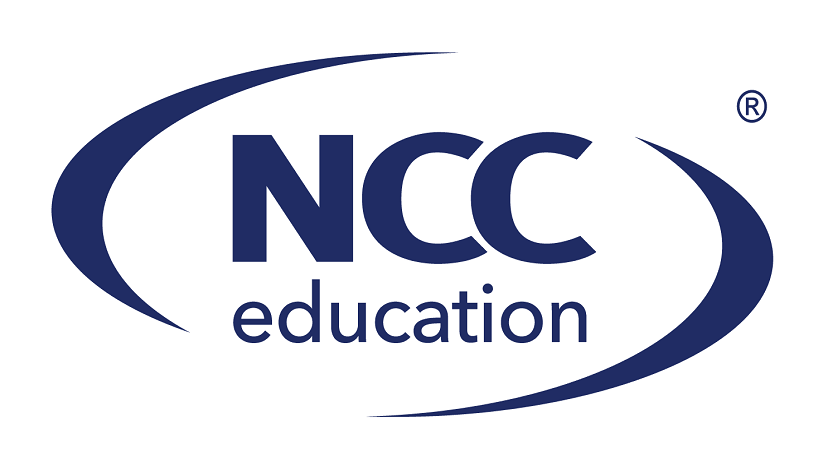OVERVIEW
The NCC Education Level 5 Diploma is an Ofqual regulated qualification. It is split into two routes, Level 5 Diploma in Computing (L5DC) and Level 5 Diploma in Business Information Technology (L5BIT). The qualification makes up the second year of the NCC Education degree journey and builds upon the knowledge gained during the NCC Education Level 4 Diploma. Exposing students to greater detail and more advanced topics in a range of areas including database development, information systems analysis, network security and cryptography.
Students will study a balance of academic and vocational subjects in order to provide the necessary knowledge and skills to play a significant role in IT organisations.
ACADEMIC PROGRESSION
On successful completion of the qualification students will be able to complete the final year of a degree with the NCC Education Business Computing and Information Systems Top Up validated by the University of Central Lancashire (UCLan), the University of Greenwich Computing Top Up delivered at our Accredited Partner Centres, at one of the many universities that recognise NCC Education qualifications, or pursue a career in the IT industry. The University of Greenwich Computing Top Up is delivered at ZCAS.
DURATION OF STUDY
The course of study for the award of the NCC Level 5 Diploma in Computing OR NCC Level 5 Diploma in Business Information Technology shall be completed in a period of 1 academic year for full-time students (2 semesters) OR 1 and a half academic years for evening students (3 semesters).
PROGRAMME STRUCTURE
Students must study the following four core units and two optional units to obtain the Level 5 Diploma in Computing (L5DC):
Core units
- Network Security and Cryptography– This module provides students with the underlying theory and practical skills required to secure networks and to send data safely and securely over communications networks.
- Information Systems Analysis– This module equips students with a range of tools to analyse the function and requirements of information systems, as well as the skills to compare systems analysis models and to examine them in the wider context of the Internet and the social, economic and political climate of an organisation.
- Database Design and Development– This module allows students to develop skills in the design and development of databases and database management systems, as well as investigating enterprise applications of databases.
- Computing Project– This module provides students with the opportunity to utilise the skills needed to develop a computing artefact to solve a problem, which involves research, analysis, design, coding, testing and project management knowledge and expertise.
Optional units
- Professional Issues in IT – This module highlights the professional issues that impact the development, deployment, maintenance and use of computer systems. It equips students with the knowledge surrounding social, ethical and legal issues applicable to the IT field and also a working understanding of software quality.
- Agile Development– This module explores the processes, people, practices and principles of agile development systems. It prepares students for future trends in software development and reinforces their understanding of the information systems development process.
- Analysis, Design and Implementation – This module provides students with in-depth knowledge, skills and experience in the use of object-oriented techniques for the development of software. It develops students’ expertise in object-oriented analysis, design and coding, and the testing of systems.
- Dynamic Websites – This module builds on existing knowledge of both databases and web design in order to build dynamic websites and also equips students with a range of skills to present content on the World Wide Web.
Students must study the following eight core units to obtain the Level 5 Diploma in Business Information Technology (L5BIT):
- Professional Issues in IT – This module highlights the professional issues that impact the development, deployment, maintenance and use of computer systems. It will equip students with the knowledge surrounding social, ethical and legal issues applicable to the IT field and also a working understanding of software quality.
- Information Systems Analysis – This module equips students with a range of tools in order to analyse the function and requirements of information systems, as well as the skills to compare systems analysis models and to examine them in the wider context of the Internet and the social, economic and political climate of an organisation.
- Dynamic Websites – This module builds on existing knowledge of both databases and web design in order to build dynamic websites and also equips students with a range of skills to present content on the World Wide Web.
- Database Design and Development – This module allows students to develop skills in the design and development of databases and database management systems, as well as investigating enterprise applications of databases.
- Business IT Project – This module provides students with the opportunity to gain practical experience in developing system solutions to open-ended problems derived from the real world.
- Information Systems and Organisations – This module introduces students to the subject of information systems and technology in organisations, taking a broad perspective on how it can be managed effectively within the organisational context. Students will be able to demonstrate an appreciation of the role of information systems in the modem organisation, including the management of social, cultural and political aspects that are important to the successful adoption of technology.
- Principles of Business Operations – This module helps students to appreciate and understand business operations in both the manufacturing and services sectors. It will cover the basic principles of operations within a global context from three key perspectives: understanding operations, designing operations and managing operations.
- Office Solutions Development – This module provides students with the skills to develop advanced features of office software and to employ and adapt them to support business functions.
Year 1 Courses
| Semester 1 | Semester 2 | ||
| Course Code | Course Title | Course Code | Course Title |
| CCS141 | Introduction to Computer Science | CCS141 | Professional Ethics in Computing |
| CCS111 | Introduction to Programming | CCS111 | Introduction to Programming |
| CCS151 | Foundation Mathematics | CCS151 | Foundation Mathematics |
| CCS161 | Study and Communication Skills | CCS161 | Study and Communication Skills |
| CCS171 | Culture Studies | CCS171 | Culture Studies |
Year 2 courses
| Semester 1 | Semester 2 | ||
| Course Code | Course Title | Course Code | Course Title |
| CCS261 | Computer Networks | CCS222 | Software Development Techniques |
| CCS211 | Designing and Developing Websites | CCS212 | Design and Development of Object-Oriented Computer Systems with Java |
| CIT261 | Databases | CCS242 | Computer Systems |
| CCS221 | Office Solutions Development | CCS282 | Skills for Computing |
Year 3 courses
OPTIONAL
OPTIONAL
| Semester 1 | Semester 2 | ||
| Course Code | Course Title | Course Code | Course Title |
| CCS321 | Information Systems Analysis | CIT372 | Network Security and Cryptography |
| CIT361 | Database Design and Development | CCS300 | Project – (Finalists Only) |
| CCS300 | Project – (Finalists Only) | ||
| OPTIONAL | OPTIONAL | ||
| CIT371 | Professional Issues in IT | CCS312 | Analysis, Development & implementation |
| CCS311 | Dynamic Websites | CCS322 | Agile Development |
| CAS382 | Artificial Intelligence |
FEES
You can download this ZCAS University Fees list by clicking on the link below:
You can view the bank details here:
Course Features
- Lectures 0
- Quizzes 0
- Duration 10 weeks
- Skill level All levels
- Language English
- Students 0
- Assessments Yes




